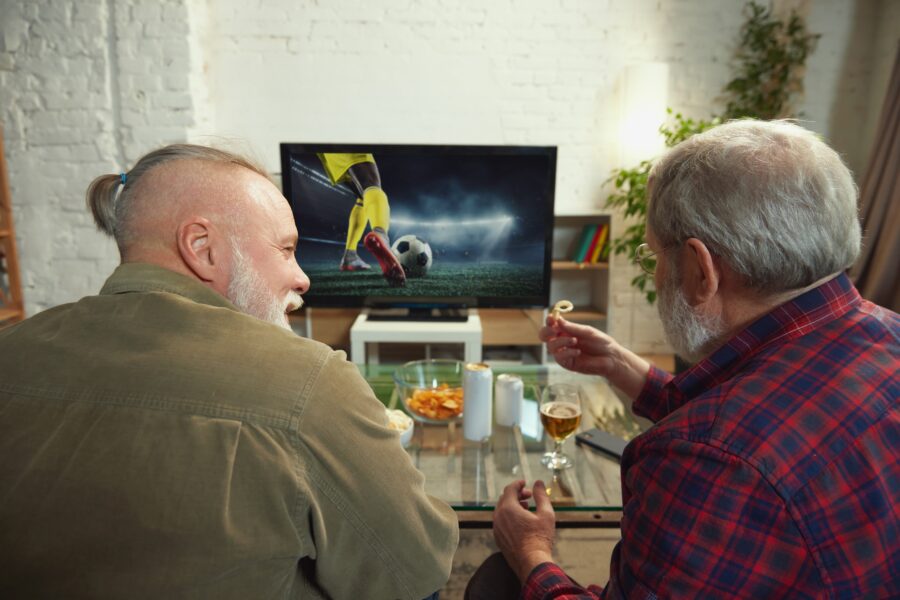Blog post
How Stress can Impact Your Vision
We will all have some experience of what it is like to feel stressed, but it can be challenging to define precisely what stress means. When someone says "I'm stressed" they could be talking about a situation or event that puts them under pressure. For example, if you have a lot to do or think about, or have little control over what happens. Stress can also be our reaction to being placed under pressure, i.e. the feeling we have when a demand is placed on us that we find difficult to cope with.
Signs of stress
Some of the first signs that you are stressed are physical signs, such as a headache, tiredness or upset stomach, and in some instances - your vision.
It is important to remember that we all experience stress differently in different situations.
For some, it affects their behaviour - they may start biting their nails or eat too much or too little.
For others, stress may affect you physically - they may have headaches or feel sick.
Naturally, we want to focus on that link between stress and how it affects our vision.
Seeing a difference
According to researchers, when the body experiences stress, the pupils dilate to let more light enter and allow us to identify threats clearly.
Studies have also suggested that higher levels of adrenaline will cause pressure on the eyes, resulting in blurred vision.
Stress can also cause eye strain, eye fatigue, blurry vision, dry or watery eyes, light sensitivity and eye twitching.
In other words, stress can have a real effect on our vision.
The good news is that most stress-related eye problems are temporary and usually subside as soon as whatever is causing the stress is addressed.
It is essential to remember, however, that stress affects us all in different ways.
If you suspect that any changes in your sight are stress-related, please make an appointment with your optician who will be able to assess and establish what the cause is.
Take it easy
With stress being a natural part of our lives, we want to highlight a few methods to help you reduce stress and its potential effect on your body and vision.
Remember to keep it simple when looking to combat stress, this will help you achieve a calmer state of mind.
The most effective methods to beat stress are not elaborate, getting plenty of exercise can be a great starting point.
Even a simple walk outside can do wonders for your stress levels.
You should also look to get a decent night sleep when feeling stressed, aim to get your full eight hours and give your body and mind a rest.
Other methods to reduce your stress levels include eating a healthy diet, deep breathing exercises and meditation to slow any stress-related symptoms.
If you have given any of these methods a go and still experience any stress-related vision problems, please arrange an appointment with your optician immediately.



